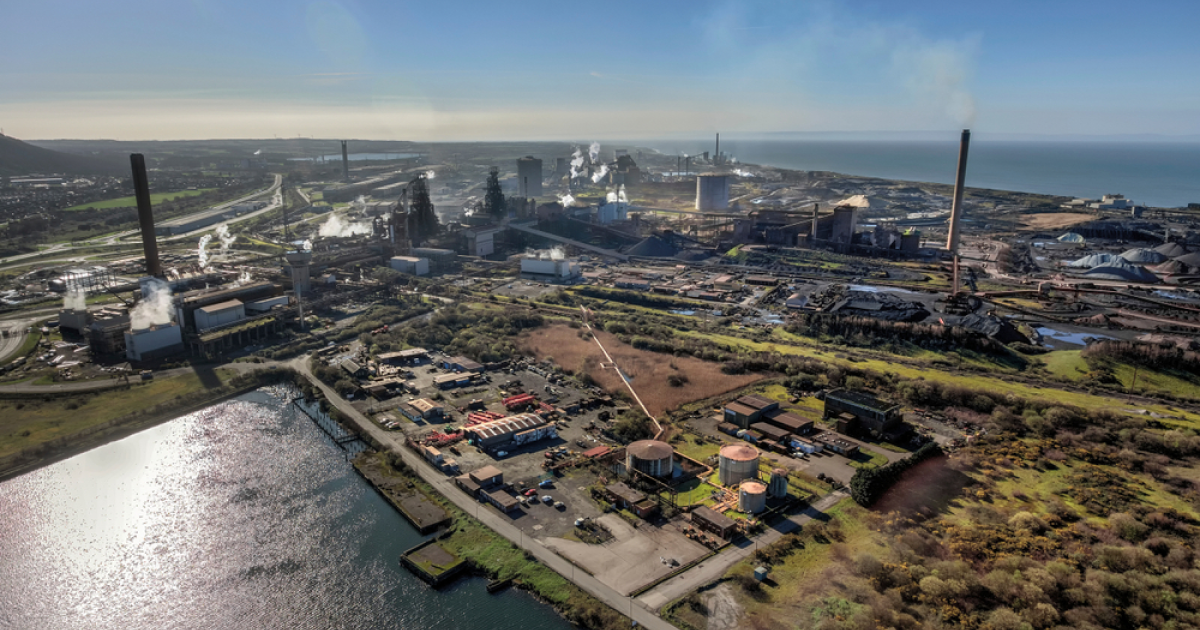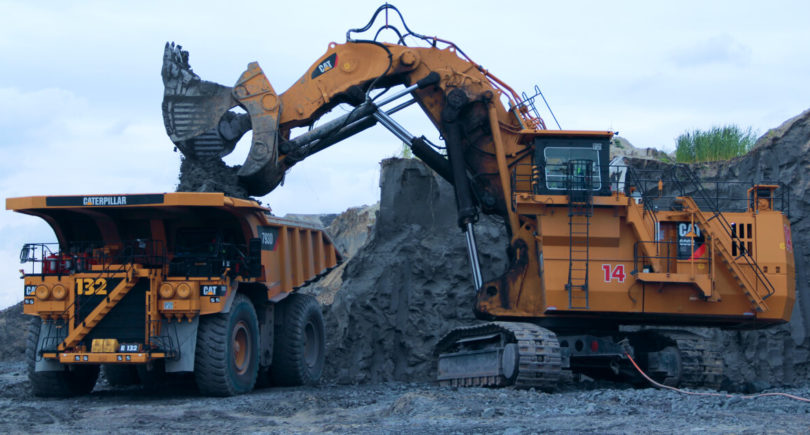
News Companies Tata Steel UK 490 31 October 2023
The company wants to close the blast furnaces, workers worry about job cuts
A planned investment of £1.25 billion to decarbonise production at Tata Steel’s Port Talbot (UK) facility is less than half of what some analysts say would be needed to convert the facility to low-carbon technologies . The New York Times writes about it.
Company seeks to close blast furnaces, replacing them with electric arc furnaces, while workers worry about job cuts
The proposed switch to the electric arc furnace is likely to lead to a different approach to steelmaking, Tata Steel executives said. Analysts note that unlike blast furnaces, which must operate continuously, the operation of such units can be regulated according to market conditions (electricity prices, etc.), which means less labor is required.
An increase in the production of green electricity from the many offshore wind farms planned near Britain will make the steel produced at the plant even greener in the future, the company notes.
According James Campbell, analyst at consulting firm CRU Group, the electrification of production will also appeal to customers who are increasingly looking to buy low-carbon steel to reduce the carbon footprint of their products. There is now a demand for steel with low CO2 emissions, he notes.
The company and unions are also in tense talks over Tata’s plans. Employees at the Port Talbot facility fear the company may soon begin closing some older parts of the plant and importing steel from India or other countries. Tata Steel executives admitted they were considering it.
«During the transition period, we will consider the possibility of imports to continue supplying our customers,» noted Kaushik Chatterjee, chief financial officer of Tata Steel in a conversation with the publication.
Steel is a strategic material, particularly important for the production of wind turbines and electric vehicles, which are essential for the energy transition. According to The New York Times, about 340,000 people in Britain and the EU have jobs related to the steel industry. This prompted governments to agree to provide large sums of money to metallurgists to support measures to reduce carbon emissions. However, tens of billions more are likely to be needed over the next three decades.
The deployment of new technologies for greener steel will be an important contribution to the fight against climate change, but it will cost a huge investment, says Akio Ito, a steel expert at the Roland Berger consulting company.
As GMK Center reported earlier, the British government agreed support package for Tata Steel in the amount of £500 million ($620 million) to secure the future of the steel plant in Port Talbot. The company is expected to invest £1.25 billion, including a government grant, for new electric arc furnaces to make steel more environmentally friendly at the site. EAFs are to replace existing blast furnaces that are reaching the end of their service life. The move to sustainable steelmaking at Port Talbot is expected to reduce carbon emissions in Wales by 22%, and on-site emissions by 85%



